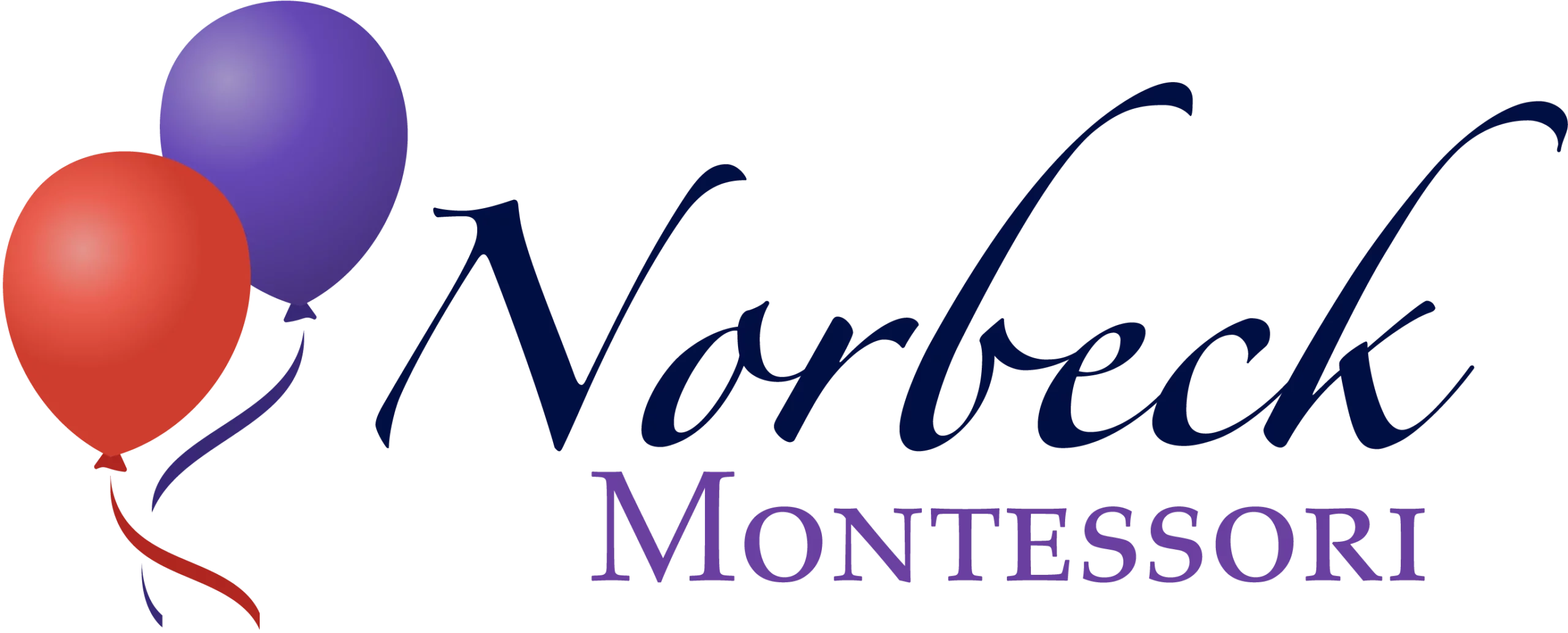blog
Daycare in Rockville, Maryland
Building Your Child’s Love for Literature
Storytelling and book reading not only capture children's attention, but it is also q terrific way to bond with your child. One of the most anticipated moments for kids is bedtime stories. Varied stories with new morals will let kids see things from a different...
How to Nurture Good Study Habits in Children
Education plays a crucial role in the development of children. It has a significant impact on their future. This is why getting a quality education is so important for them. It’s more than a necessity for them. An excellent way for them to achieve this is by enrolling...
Fun Bonding Activity Ideas for Parents and Children
Parents and children must have a strong relationship with each other. This has a huge impact on adults’ socioemotional wellness. On the other hand, this also affects children’s development, especially if they’re still under child care in Rockville, Maryland. This is...
Parenting 101: How to Handle Child Tantrums
At a young age, children are still learning to understand their emotions. Because of this, they mostly take time to process their feelings, making it a little too challenging for them to control. This is something that everyone who provides child care in Rockville,...
Tips to Promote a Healthy Lifestyle in Children
Practicing healthy living must be the goal of every person of every age. There’s no better way of nurturing and protecting health than practicing a healthy lifestyle. Everyone must strive to ensure this as much as possible. It’s never too early to introduce this to...
How to Help Your Children Find Their Interests
Our Montessori school understands that children develop interests and hobbies naturally. While this happens as they age, parents have a hand in helping their kids find enjoyable interests. As we offer child care in Rockville, Maryland, we know that a child’s interests...
The Simple Power of Open-Ended Questions
It can be natural for kids to develop skills and gain knowledge as they age. The more they experience life, their development can happen. Despite this natural progression, parents and educators will still have a hand in their development. As a preschool in Maryland,...
Educating a Young Child on Friendship
Understanding the value of friendship is important in life. A child can improve their social skills by learning the fundamentals of friendship. As a preschool in Maryland, we understand the importance of helping kids develop strong social skills. They will benefit...
How to Support the Mental Health of Your Child
It is crucial to look after a child's physical health as well as their mental stability. A youngster begins to gradually adapt to their environment as early as we can think, which helps them learn something new every day. However, a child's environment will always...
Testimonials
What Parents Say
We believe that clear communication with parents is essential to the child’s wellbeing. It is particularly important during the early preschool years when children reach and surpass many developmental milestones. Naturally, we work diligently to help each of the children to be best taken care of. That is the reason why the parents give us best reviews. Here are a few of them.










